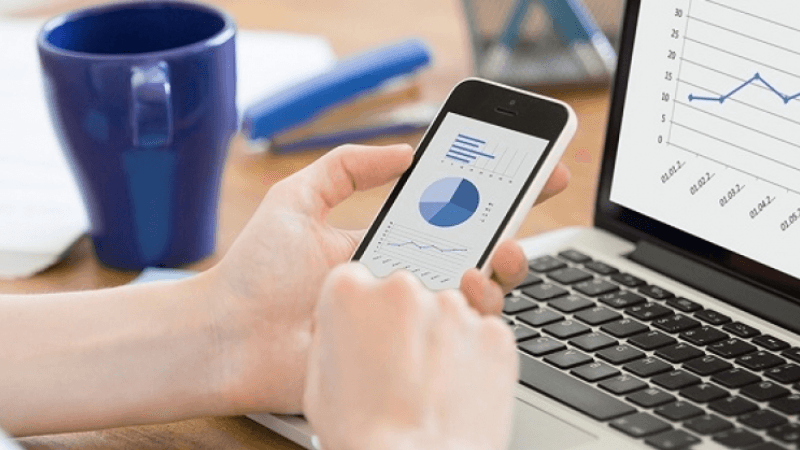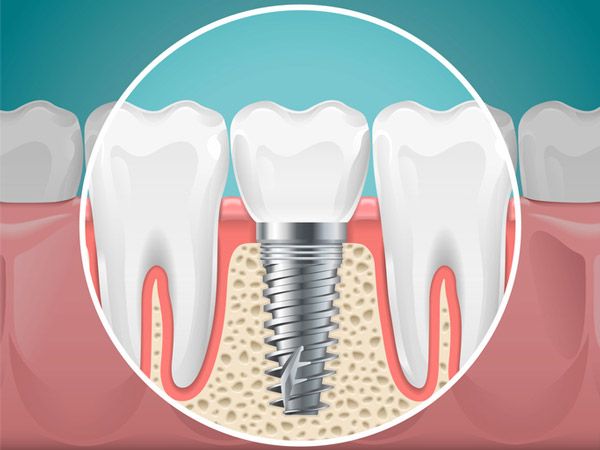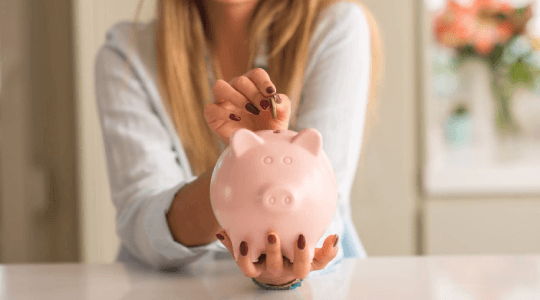
Debt can be a huge burden in anyone's life. Financial stress can cause a great deal of anxiety and worry, which can lead to mental and physical health problems. But don't worry, there are solutions to pay off your debts and free yourself from financial stress.
In this article we present 7 tips to help you manage your finances and pay off your debts so you can enjoy a life free of worry and financial stress.
Tip #1: Evaluate your current financial situation
Before you start planning how to pay off your debts, you need to make an honest and detailed assessment of your current financial situation. You need to know exactly how much money you owe, who you owe, how much you are earning, and what your fixed monthly expenses are.
This assessment will help you get a clear picture of your situation and identify what changes you need to make in your spending habits in order to pay off your debts. It will also allow you to see if you need to look for additional income or if you can reduce some expenses to allocate that money to pay your debts.
Tip #2: Prioritize your debts
It is important that you keep in mind which are your most urgent debts and those that have higher interest rates. For example, if you have a credit card with a high interest rate, it is recommended that you start by paying that debt before others that may have lower interest rates.
In addition, it is important that you establish a payment plan for all your debts and make sure you meet the minimum monthly payments on all of them. If you have the possibility of making additional payments on any of your debts, do so. This way you will be able to reduce the time and money you will spend on paying your debts. Remember that prioritizing your debts is fundamental to get out of financial stress and achieve the economic stability you need.
Tip #3: Look for ways to reduce expenses and generate additional income
One way to accelerate the process of paying off your debts is to reduce your monthly expenses. You can start by evaluating what your fixed expenses are and see if there is a way to reduce them.
For example, you can look for deals on products and services you use regularly, compare prices at different stores and suppliers, or even negotiate with your current suppliers to get better rates.
You can also look for ways to generate additional income to pay off your debts. For example, you can sell things you no longer use online or in local markets, do freelance work or take on extra work on weekends.
Remember that every peso you save or additional income you generate will help you move faster on the road to financial freedom.
Tip #4: Consider Debt Consolidation Options
If you have many different debts with different terms and interest rates, it can be difficult to manage them all. One option you can consider is debt consolidation. This involves rolling all of your debts into one and paying a single monthly payment with a lower interest rate.
To do this, you can apply for a debt consolidation loan or transfer your balance to a credit card with a lower interest rate. Be sure to carefully research all your options and choose the one that has the best terms for you.
Debt consolidation can help you reduce financial stress by simplifying your monthly payments and making them more manageable.
Tip #5: Negotiate with your creditors
This is a very effective strategy for paying off your debts. Contact your creditors and explain your current financial situation. In many cases, they will be willing to work out a payment arrangement that suits your means.
You can propose an installment payment plan or even negotiate a reduction in the total amount of the debt. It is always better to meet your financial obligations rather than ignore them. Negotiating with your creditors can be difficult, but it is an effective solution to free yourself from financial stress.
Tip #6: Make a payment plan and follow it to the letter
Once you have established your budget and identified how much you can afford to pay each month toward your debts, it is important to make a payment plan and follow it to the letter. This means making payments on time and in the agreed upon amounts.
You can make a payment plan using a spreadsheet or an online tool. Be sure to include all your debts, outstanding balances, interest rates and payment terms. Then, decide how much you are going to pay toward each debt each month and follow that plan without exception.
It may also be helpful to consider using a method called "snowballing". This method involves focusing on paying off the debt with the smallest outstanding balance first and then working toward the larger debts. As you pay off the smaller debts, you'll feel motivated to keep going.
Whichever method you choose, it's important to be consistent and disciplined in your payments to achieve your ultimate goal: freedom from financial stress.
Tip #7: Create healthy financial habits to keep your finances in order in the long run
Once you've achieved debt freedom, it's important to create healthy financial habits to keep your finances in order for the long term. Here are some tips to help you:
- Create a monthly budget and stick to it.
- Save a portion of your income each month.
- Pay your bills on time to avoid additional charges.
- Avoid carrying a balance on your credit card.
- Do your research before making large purchases.
- Look for ways to improve your income through additional work or education.
Remember that planning and discipline are key to keeping your finances in order in the long run. It will always be worth making sacrifices in the short term for greater financial stability in the future.






